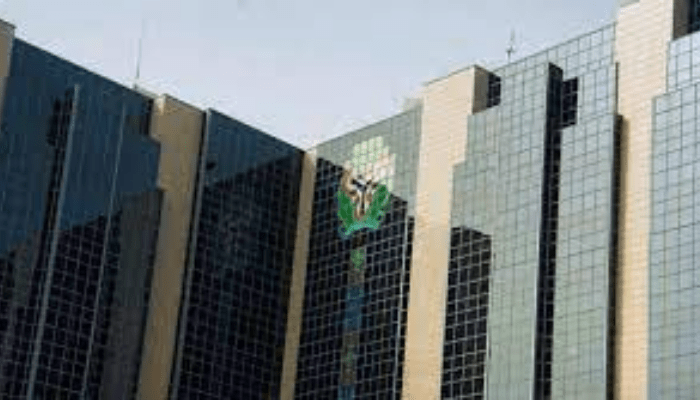The Central Bank of Nigeria (CBN)’s gaping unsettled foreign exchange backlog owed to local businesses is hurting confidence in its latest currency reform and threatens to shut out foreign investors from the market.
The apex bank used to sell about $200 million in FX forward contracts every two weeks but soon ran into troubled waters as dollar inflows dried up and a dollar demand backlog swelled.
Nigerian businesses from manufacturers to importers, who have been on a long queue for dollars, are not the only ones worried about the backlog, which is also undermining foreign investor confidence in the CBN’s move to float the naira last month.
Foreign investors, whose participation in the FX market could make or mar the CBN’s latest reform, are wondering why the apex bank is not able to tap its $34 billion external reserves to settle the contracts.
Some estimates put the backlog at between $2 and $2.5 billion, which equates to less than 10 percent of the country’s external reserves.
“There is a six-month backlog of the forward contracts and that is undermining investor confidence,” a source told BusinessDay. “Our CBN is the only central bank in the world that defaults on obligations to investors.”
Read also: Airlines’ $812m trapped funds increase pressure on FX, external reserves
A currency forward is a binding contract in the foreign exchange market that locks in the exchange rate for the purchase or sale of a currency on a future date. A currency forward is essentially a customisable hedging tool.
Market sources told BusinessDay that clearing the backlog is a major priority of Nigeria’s new administration but the pace of settling the backlog has been too slow for comfort, according to some investors.
“The suspicion is that Nigeria’s external reserves is much less than what the CBN reports,” a fund manager based in South Africa said on condition of anonymity. “The level of opacity is alarming and is a real drag on investor confidence.”
Nigeria’s external reserves should provide at least seven months import cover.
Yet the CBN defaults on dollar obligations even when other central banks with less reserves are able to meet commitments.
“This habit of not settling forward contracts is a bad example being set by the CBN,” a senior business leader who has been on the queue for dollars since last year said.
“It used to be inconceivable that the CBN would default on its obligations to the market for protracted periods but it has become the norm,” the person said.
President Bola Tinubu has promised a thorough house cleaning of monetary policy, which has seen the suspension of CBN governor Godwin Emefiele and a currency float in the space of one month.
Foreign investors are now watching to see how the dollar backlog is handled as it casts a shadow over the reforms being championed by the new government.






